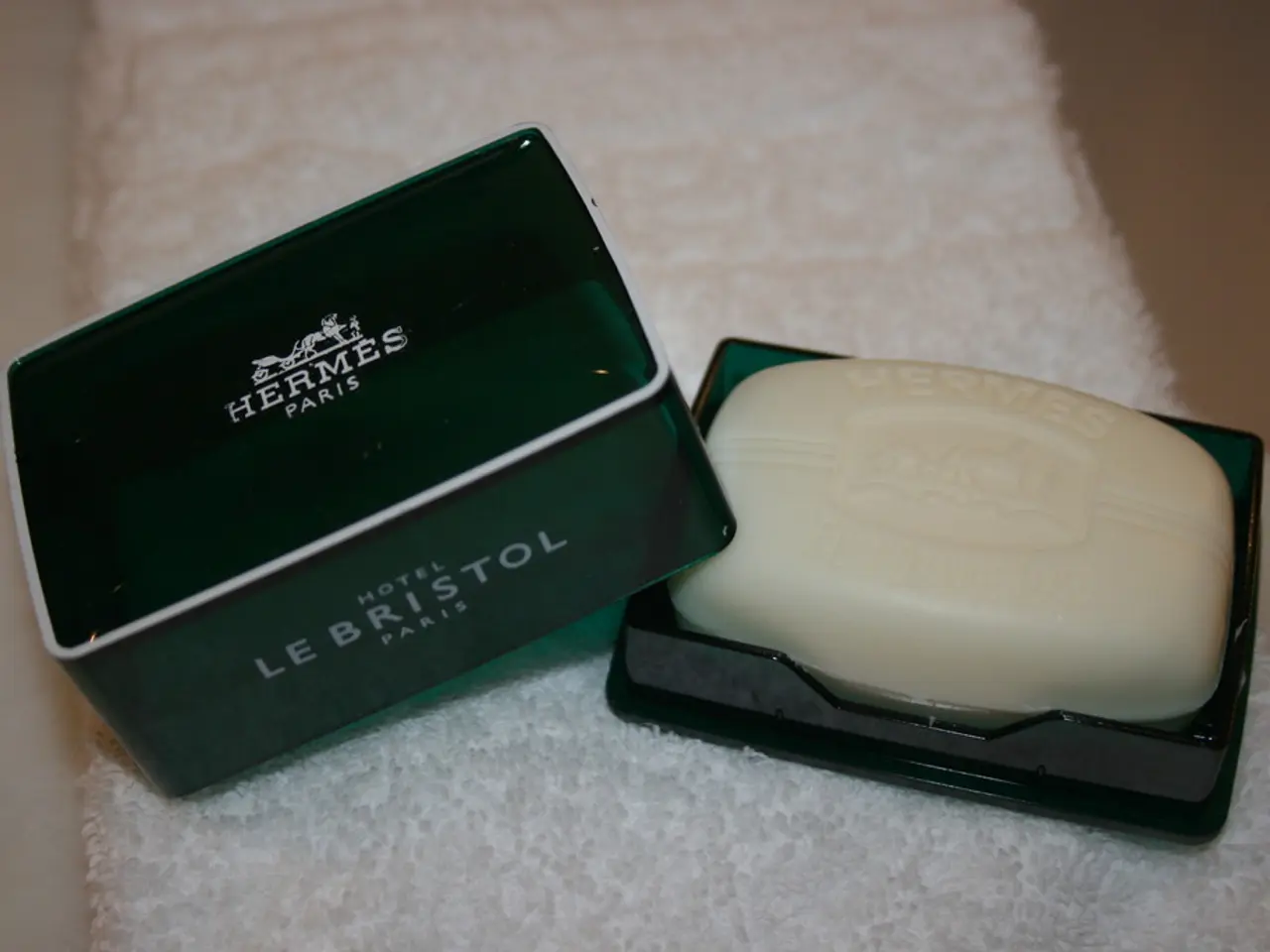Strategies for Eliminating Fleas: Six Key Methods
Fleas are a common nuisance for pet owners, causing discomfort for animals and potential health issues for both pets and humans. When dealing with a flea infestation, homeowners and pet owners have two main options: natural or home remedies and traditional chemical treatments.
Natural remedies, such as cedar chips, lemon-infused sprays, diatomaceous earth, salt, and certain plant oils like thyme, cinnamon, clove, and lemongrass, can be somewhat effective in repelling adult fleas and reducing their populations. These substances are often safer and more eco-friendly, making them an appealing choice for environmentally conscious pet owners. However, it's important to note that these methods work slower and less comprehensively than traditional chemical treatments.
One key disadvantage of natural remedies is their limited effectiveness against flea larvae and eggs. This means that complete eradication can take longer and may require repeated applications. Additionally, factors like moisture can reduce the effectiveness of substances such as diatomaceous earth.
On the other hand, traditional flea control methods, such as veterinarian-recommended chemical treatments, flea collars, insect growth regulators, and professional pest control, tend to be faster and more reliable in killing fleas at all life stages. These conventional methods are often necessary in cases of heavy infestations or when pets are severely affected.
| Aspect | Natural/Home Remedies | Traditional Methods | |-----------------------------|-------------------------------------------------|---------------------------------------------| | Effectiveness | Moderate; mostly repel or kill adult fleas | High; target all flea life stages | | Speed | Slower, requires repeated treatments | Faster, often a single treatment suffices | | Safety | Generally safer, fewer chemicals | Effective but chemicals may have side effects| | Best Use | Mild infestations, prevention, or adjunct therapy| Severe infestations and comprehensive eradication|
The National Pesticide Information Center has stated that there is no scientific evidence to prove that natural or home remedies are effective in treating flea infestations. Therefore, it's crucial to consider combining natural methods with traditional ones for thorough flea elimination.
In addition to traditional methods, local pest control operators may offer flea control and removal services. It's essential to ensure that humans and pets are out of the home during application of the treatment and until the spray has dried.
While fleas can be a significant annoyance, it's important to remember that they can also pose health risks. Illnesses from flea bites have increased in the U.S. in the last two decades, with fleas capable of causing a range of health issues for humans, including minor irritations, allergic reactions, and dermatitis, as well as serious diseases and infections like tapeworm, plague, and typhus.
If fleas continue to be a problem in the home, a person can consider using a chemical treatment, such as an aerosol spray. However, foggers (bug bombs) are not effective in removing fleas. If a person experiences any adverse reactions to a flea bite, such as difficulty breathing or swallowing, swelling of the lips or face, nausea or vomiting, increased heart rate, dizziness, or loss of consciousness, they should seek emergency medical treatment immediately.
In conclusion, while natural remedies can be a useful part of flea control, especially for mild cases or prevention, they often need to be combined with or followed by traditional methods for thorough flea elimination. It's always best to consult with a veterinarian or pest control professional for advice tailored to your specific situation.
- For a more thorough approach to flea elimination, it's advisable to combine natural remedies with traditional methods, considering the National Pesticide Information Center's statement about the lack of scientific evidence for home remedies' effectiveness.
- Local pest control operators can provide additional flea control and removal services to complement traditional chemical treatments in cases of severe infestations.
- Aside from being a nuisance, fleas can pose health risks to both pets and humans, causing a range of issues from minor irritations to serious diseases and infections like tapeworm, plague, and typhus.




